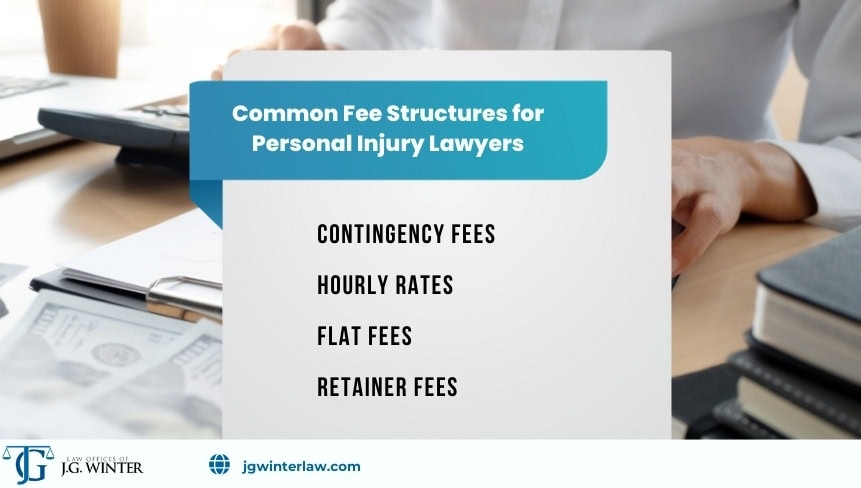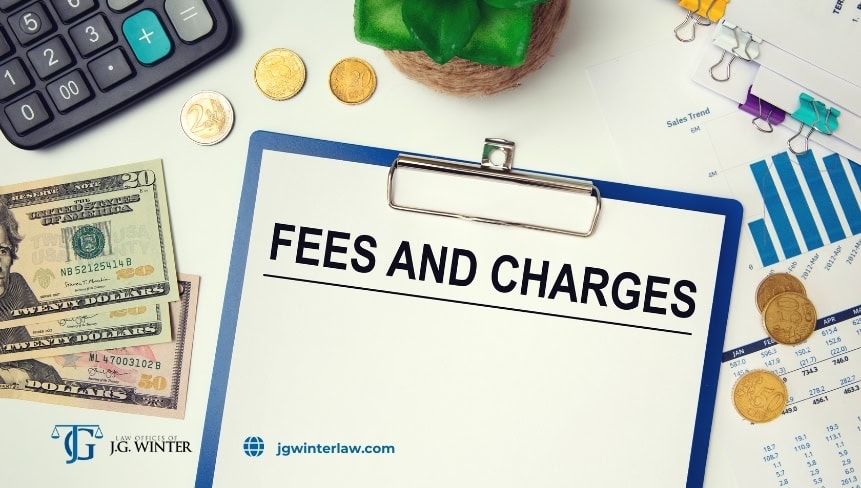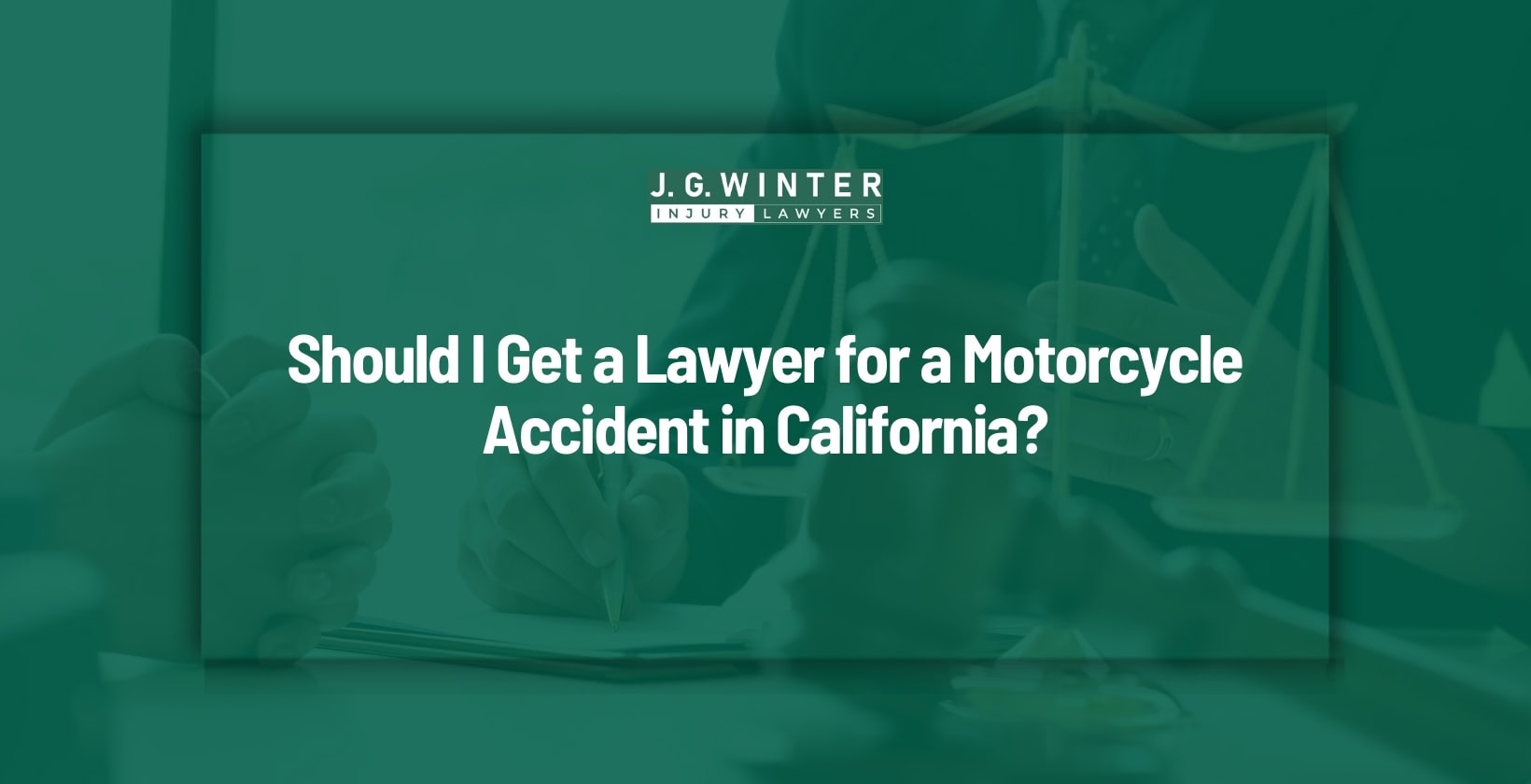When someone else’s actions hurt you, you might consider getting a lawyer to pursue a personal injury claim and get compensation for your injuries. You may be wondering, “How much does it cost to hire a personal injury lawyer?”
Some lawyers charge by the hour, while some work on a contingency fee basis. We operates primarily on a contingency fee basis. It aligns our goals with yours, as we only get paid if we win your case. Our fee structure for personal injury lawyers removes the financial burden from you and allows us to focus on securing the best possible outcome for your claim.
Common fee structures for personal injury lawyers

Understanding how to choose and hire a personal injury lawyer for your case is crucial before making a decision. Knowing how personal injury lawyers charge is an essential part of this process. Most lawyers use one of several common payment methods, each with its benefits depending on your case and financial situation. Below are listed different personal injury lawyer’s fee structures to help you make an informed decision.
Contingency fees
A contingency fees the lawyer gets paid only if you win your case. Typically, the fee is a percentage of the money you receive, ranging from 25% to 40%. It can be beneficial because you don’t need to pay anything upfront, and your lawyer is motivated to get the best outcome for you.
Hourly rates
Lawyers charge hourly rates for every hour they work on your case. It might apply to cases that are less predictable or don’t fit well with a contingency fee structure. Average rates can vary depending on the lawyer’s experience and location, but they often charge from $100 to $500 per hour.
Flat fees
Sometimes, a lawyer may handle your case for a flat fee. It is more common for simpler cases where the amount of work is predictable. The flat fee is a set amount paid upfront for the lawyer’s services, providing clarity and predictability for your expenses.
Retainer fees
A retainer fee is an upfront cost that acts as a down payment on future services. It’s like a balance that the lawyer draws from as they work on your case. The fee ensures that the lawyer can work on your case and covers initial expenses. As work progresses, you may need to replenish the retainer.
Advantages of contingency fee agreements
Choosing a contingency fee agreement when hiring a personal injury lawyer can make legal services more accessible and align the interests of both the client and the lawyer.
1. No upfront costs
You don’t have to pay any money to start your case. You can get legal help even if you don’t have the funds right away.
2. Lawyer’s motivation to win
Since your lawyer only gets paid if you win, they are highly motivated to get the best outcome possible. They work hard on your case to ensure a successful settlement or court win.
3. Transparency and predictability
With a contingency fee, you know from the start what percentage of the settlement or award the lawyer will take as their fee. It’s easier to understand how much money you will receive after the case is resolved.
Understanding costs and expenses
When you hire a lawyer for a personal injury case, you must know that the cost involves more than just their fees. There are also case expenses, which are the costs to prepare your case. These expenses are necessary to strengthen your case, but they add to the total cost of pursuing a claim.
1. Medical records
Getting copies of your medical records helps prove your injuries. There’s often a fee to get these records from hospitals or doctors’ offices.
2. Expert witnesses
Sometimes, experts like doctors or accident reconstructionist are needed to explain your injuries or how the accident happened. These experts charge for their time to review your case and to testify.
3. Court fees
Filing a lawsuit involves certain costs, like fees to file the case in court.
4. Investigation costs
Your lawyer might need to pay private investigators to gather more evidence for your case.
5. Postage and copying
Sending documents and making copies can add up, especially in large or complex cases.
Can the other party pay you personal injury lawyer fees?
In most cases, the compensation you receive is what pays for your personal injury lawyer fees, especially if you have a contingency fee arrangement. However, there are specific situations where the other party might be required to pay your legal fees.
Court orders: Sometimes, if the court finds the other party’s actions especially wrong, it might order them to pay your legal costs.
Certain laws: Some laws allow the losing party to pay the winning party’s legal fees. Your case might fall under such a law.
Agreement: Rarely, there might be an agreement between you and the other party where they agree to pay your lawyer fees.
What happens if you fire your lawyer before closing the case?
Firing your lawyer before your case ends can have implications for the fees you owe, especially depending on your agreement.
1. Contingency fees: If your agreement was on contingency fees, you generally won’t owe the lawyer for their time if you part ways before the case concludes. However, the lawyer may have a claim to a portion of any settlement or award you receive later, depending on the work they did.
2. Reimbursement of expenses: Regardless of the fee arrangement, you might still be responsible for reimbursing the lawyer for out-of-pocket expenses incurred while handling your case. It includes costs for obtaining medical records, expert witness fees, and court filing fees.
3. Hourly or flat fees: If you paid a retainer upfront or agreed on a flat fee for representation, the situation may be more complex. You may need to negotiate the return of any unearned portion of the retainer or discuss what portion of the flat fee is refundable, if any.
4. New lawyer fees: Hiring a new lawyer might mean starting fresh with a new fee agreement. If your previous lawyer claims a part of the eventual settlement for work already done, it could increase the overall amount you pay in legal fees.
5. Written agreement: You must refer to your original agreement with your lawyer, which should outline the terms for ending the relationship, including any financial obligations.
How to decide if a personal injury lawyer is worth the cost?
Deciding if a lawyer is worth their cost involves looking at what they offer against what you need for your case. A good personal injury lawyer can make a big difference, especially in complex or high-value personal injury cases. Consider the following things before hiring a personal injury attorney.
1. Experience and track record: A lawyer with a strong history of winning similar cases can be a good sign. They know how to handle the legal system and negotiate with insurance companies to get you a fair deal.
2. Specialization: Lawyers who specialize in personal injury law often have more knowledge and skills in this area. It can increase your chances of a successful outcome.
3. Communication: Your lawyer should clearly explain the legal process, be easy to reach, and keep you updated on your case. Good communication means fewer misunderstandings and a smoother process.
4. Client reviews: What past clients say about a lawyer can tell you a lot. Happy clients usually mean the lawyer does a good job and is worth the cost.
5. Comfort level: You should feel comfortable talking to your lawyer and confident in their ability to handle your case. Trusting your lawyer is crucial for working together effectively.
J.G. Winter Law to hire a personal injury lawyer
Understanding the costs associated with hiring a personal injury lawyer is crucial before pursuing a claim. From contingency fees to flat rates and the potential expenses if a case is lost, being informed helps you navigate the legal process more smoothly.
J.G. Winter Law can help you get the best help without worrying about unexpected bills. We primarily work on a contingency basis, meaning we only get paid if we win your case. Our personal injury lawyers fight for your rights and make sure you know exactly what to expect when it comes to costs. Contact us today to further discuss our fee structure.
FAQs
What is the highest percentage a lawyer can charge?
The highest percentage a lawyer can charge depends on the case type and jurisdiction, but it commonly ranges up to 40% for personal injury cases.
What percentage does a lawyer get in a settlement case in California?
In California, the percentage a lawyer takes from a settlement case can range from 33.3% to 40%, depending on the complexity of the case and the agreement between the lawyer and client.
Should you be 100% honest with your lawyer?
You should be 100% honest with your lawyer. Honesty lets your lawyer provide the best representation and prepare for potential issues. Attorney-client privilege keeps your communications confidential.
Can you get a retainer fee back if nothing was done?
If no work was done on your case, you are generally entitled to get your retainer fee back. However, if the lawyer has done some work, they may deduct their time from the retainer.
What is the average payout for a personal injury claim in the USA?
The average payout for a personal injury claim in the USA can vary widely, but many settle for anywhere between $3,000 and $75,000. More severe cases can result in higher settlements or awards.
What two types of cases can not be taken on a contingency basis?
Most states prohibit contingency fees in criminal defense and divorce cases due to ethical concerns and the nature of these legal matters.


